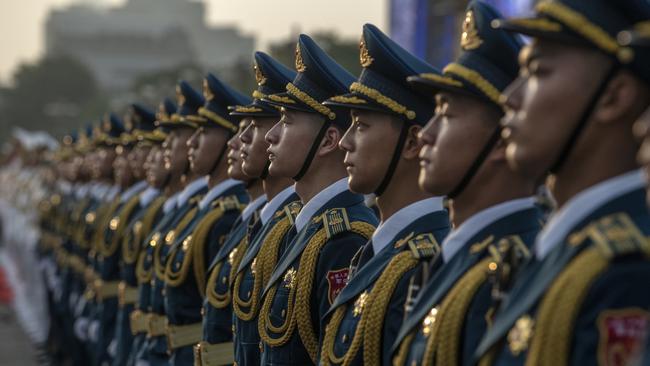
But make no mistake: if China seeks to reclaim Taiwan, as President Xi Jinping says he does, then there will be a war in North Asia. There can be no other conclusion drawn from recent statements by US and Australian policymakers.
This is a dangerous moment for the region and for Australia. It is imperative that there is a considered and rational public debate about these issues, possible military responses and potential strategic and economic consequences. And the decision point for Australia could come at any moment. Last month, President Joe Biden said the US would defend Taiwan if attacked by China.
“Yes, we have a commitment to do that,” he said during a town hall meeting. Biden added: “I just want to make China understand that we are not going to step back.”
The White House subsequently said the remarks did not represent any change to the policy of “strategic ambiguity” over Taiwan. The US supports the “one China” policy but does sell arms to the embattled island. In truth, Biden could not be clearer. And it is not the first time he has said this about Taiwan.
Biden’s remarks are what prompted my question to Defence Minister Peter Dutton, published in The Weekend Australian, asking if China sought to reclaim Taiwan, would Australia participate in a war to prevent that from happening?
Dutton replied that if there were a US request to defend Taiwan it would be “inconceivable” that Australia would not join in that military action.
These comments are understandable given Biden’s remarks and Australia-US relations. But they are also deeply concerning. They could be interpreted as the US and Australia signalling a willingness to fight a war with China. Conversely, these words also could serve to deter China from a full-scale invasion of Taiwan. So could the trilateral AUKUS partnership.
Dutton’s remarks were reported around the world and drew a chilling response from China’s state-affiliated Global Times newspaper. Editor-in-chief Hu Xijin said: “If Australian troops come to fight in the Taiwan Straits, it is unimaginable that China won’t carry out a heavy attack on them and the Australian military facilities that support them.”
Opposition foreign affairs spokeswoman Penny Wong has not repudiated Dutton’s remarks. Wong said it was “unwise to speculate” when asked by this column. She added: “The Morrison-Joyce government should be working with allies and partners to preserve the status quo and support the people of Taiwan.”
This is an each-way response but it does not sound like Labor would reject a US request to defend Taiwan.
Former prime minister Paul Keating said last week that Taiwan was “not a vital Australian interest” and Australia should not be drawn into a conflict over the island. These views were not supported by the Coalition or Labor. But Keating’s contribution is essentially realpolitik and, given his vast experience and knowledge, deserves to be listened to.
Should Australia defend Taiwan, which is not a sovereign state and not recognised by Australia, the US or the UN, against China, which is? What if the US were defeated by China? Australia’s security then would be imperiled and our economic relationship would be severed. We would be stranded in the Asia-Pacific, alone against a powerful enemy as the US retreated.
It is also valid to acknowledge that Australia has political, economic and cultural linkages with Taiwan, though unofficial, and both support the rules-based international order and a peaceful region. How could Australians stand idly by and watch a democracy be overtaken or pressured into submission by an authoritarian China? While ANZUS would not compel Australia to join the US to defend Taiwan, the alliance could be at risk if we did not sign up to a US request.
These matters should be debated by policymakers, policy experts and citizens. It is an abrogation of responsibility that Labor, faced with these monumental questions, has no clear position. Moreover, we need to consider what role Australia would play if asked by the US to defend Taiwan. What kind of war are we preparing for? And we should be asking how to avoid conflict in the first place.
A few months ago I interviewed Daniel Ellsberg, the former State and Defence Department official who leaked the Pentagon Papers – a secret history of the Vietnam War – 50 years ago. He recently leaked a classified 1958 document in which US military planners had argued that nuclear weapons were the only sure way to defend Taiwan from China.
Think about that as the drums of war beat louder. In 1958, US military leaders argued for a first-use nuclear strike against China to defend Taiwan while knowing the Soviet Union would retaliate and millions of people would die. Avoiding war at all costs should be the goal. A US-China war would be catastrophic. There will be no winners.
This is why engaging with China is critical. Australia has had no substantive diplomatic engagement with China for several years, despite China being Australia’s most significant trading partner and critical for our tourism and education sectors. Relations are in a deep freeze. This is not good for either country.
Biden’s virtual summit with Xi this week comes at a critical time. The two presidents have spoken by phone twice this year in addition to talks at a diplomatic and ministerial level. The US-China deal on climate change is encouraging. Competition and co-operation rather than conflict between superpowers should remain, as ever, the global goal.


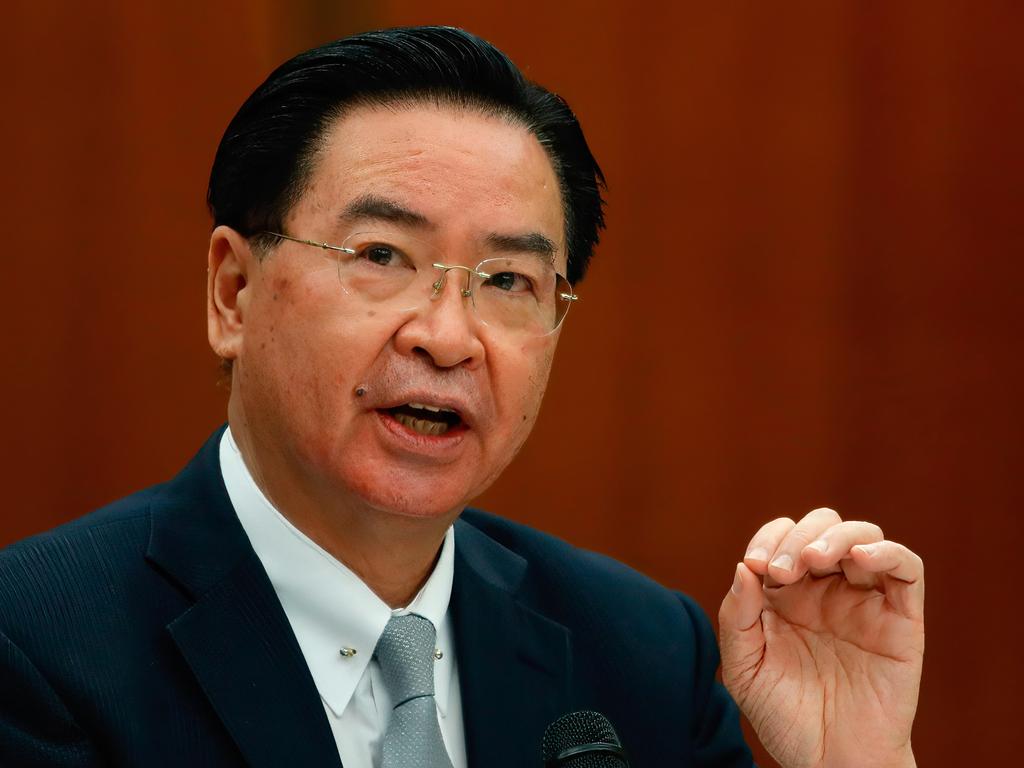
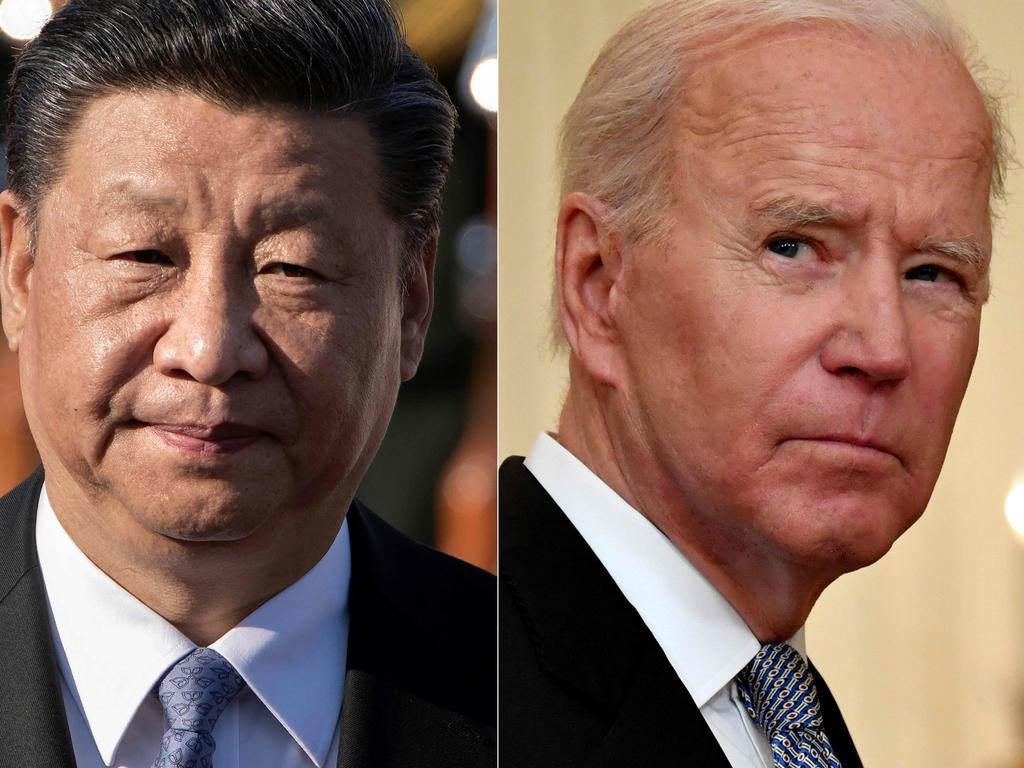
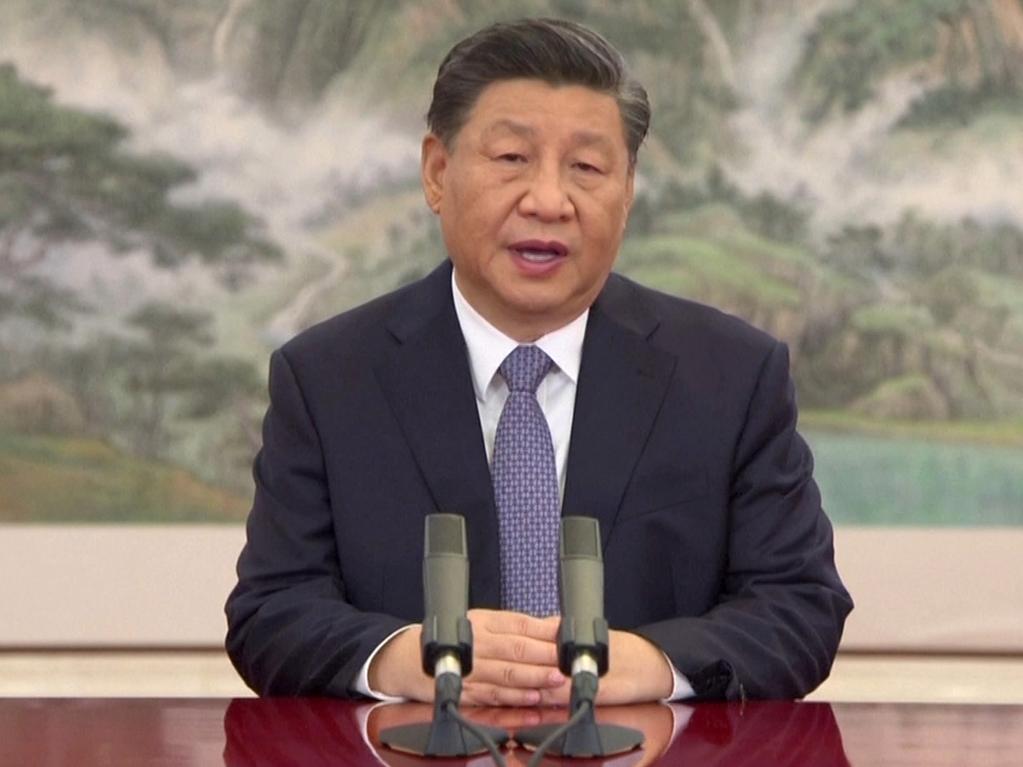
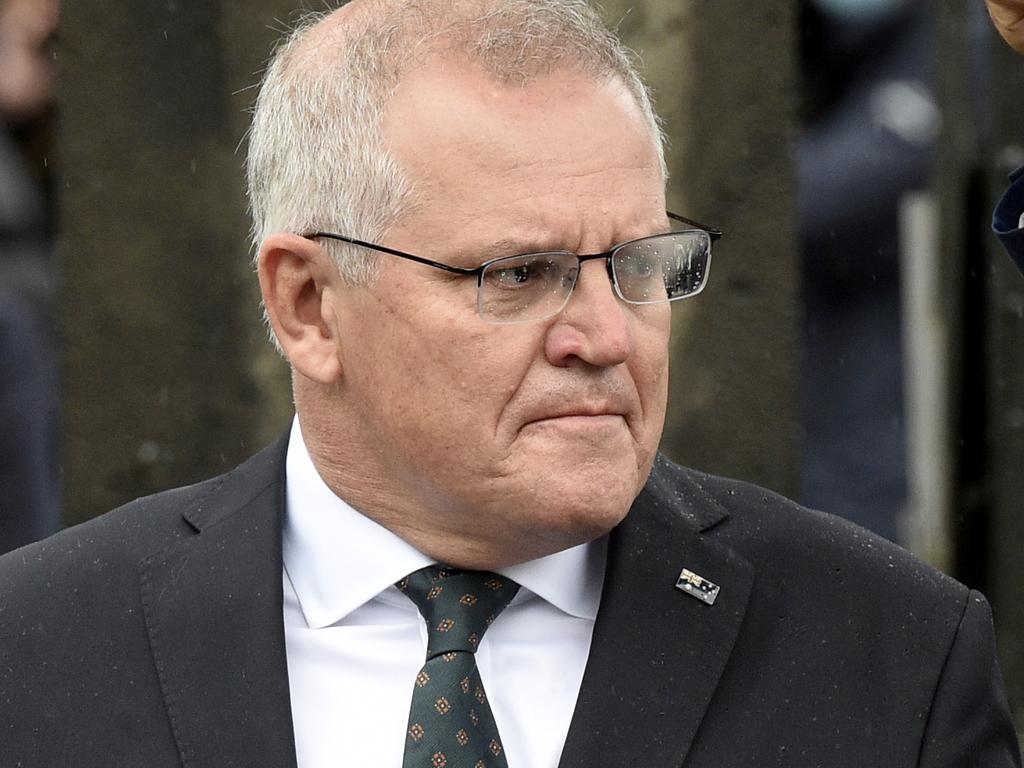


The foremost foreign policy challenge for Australia is dealing with a rising and assertive China and a potential conflict over Taiwan. Australia’s response, given our alliance with the US and our economic relationship with China, will have far-reaching implications that are impossible fully to predict.